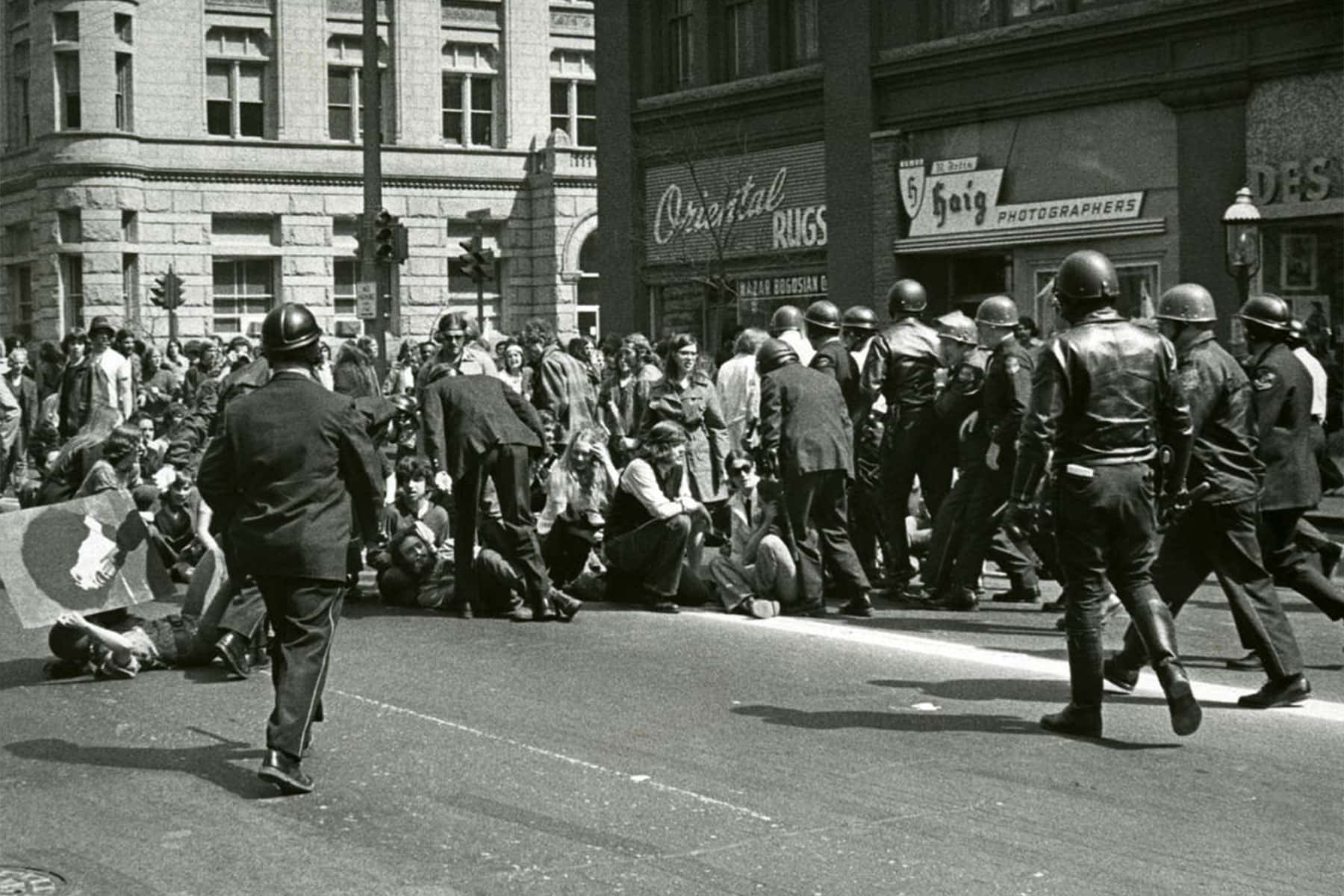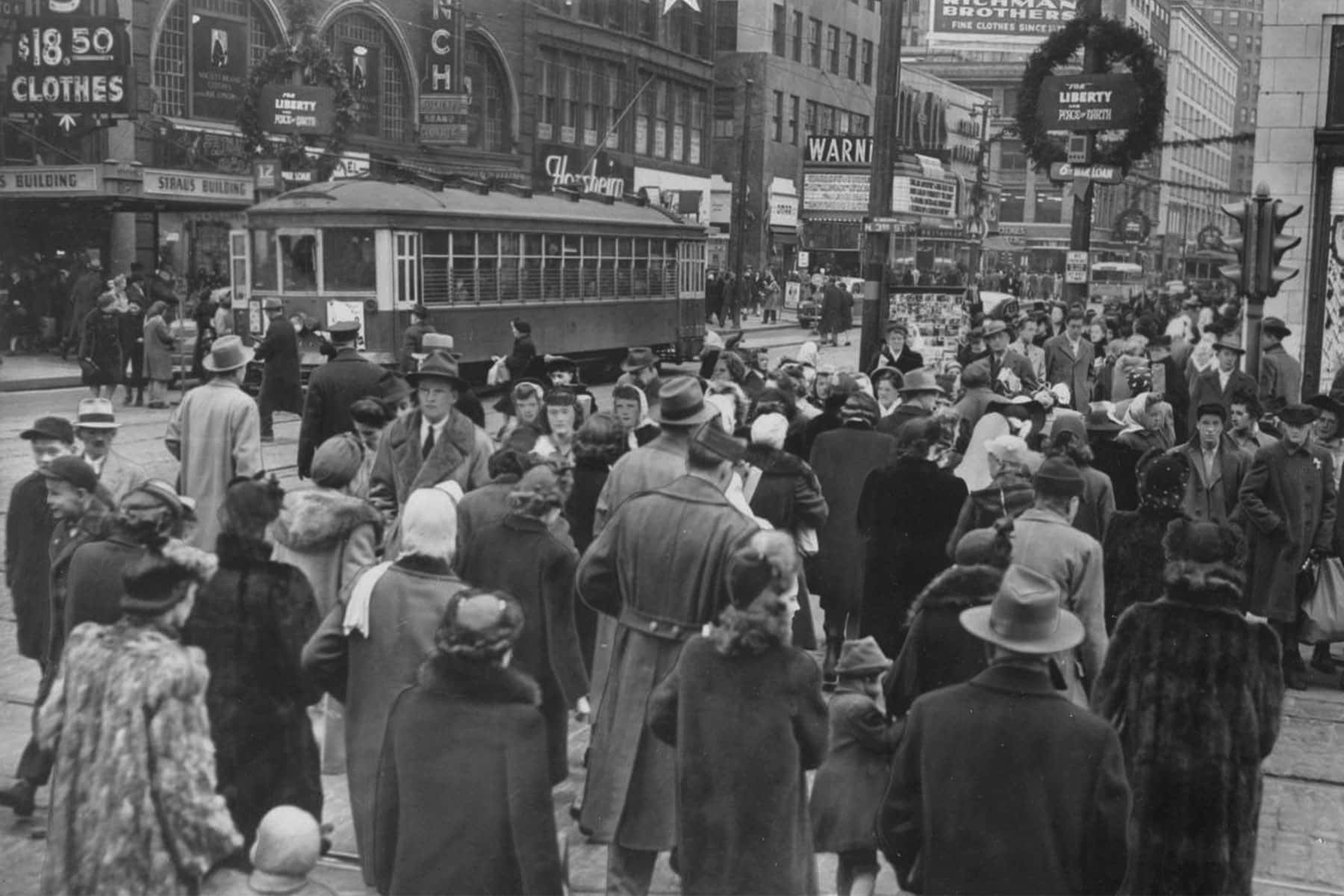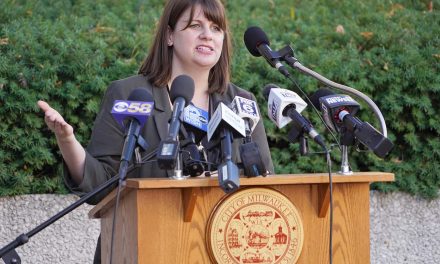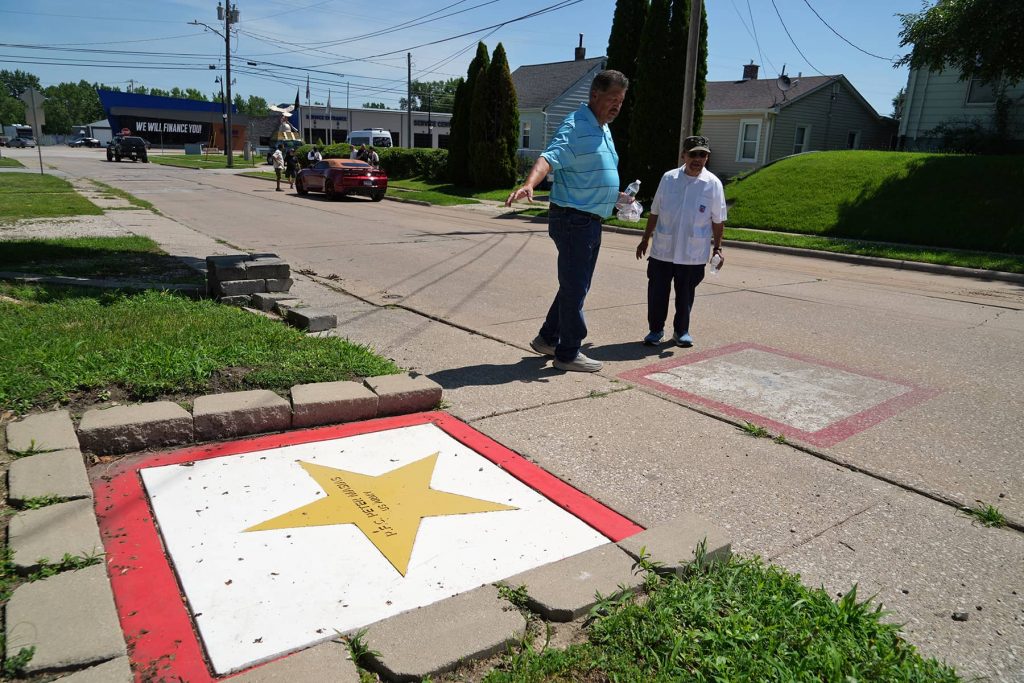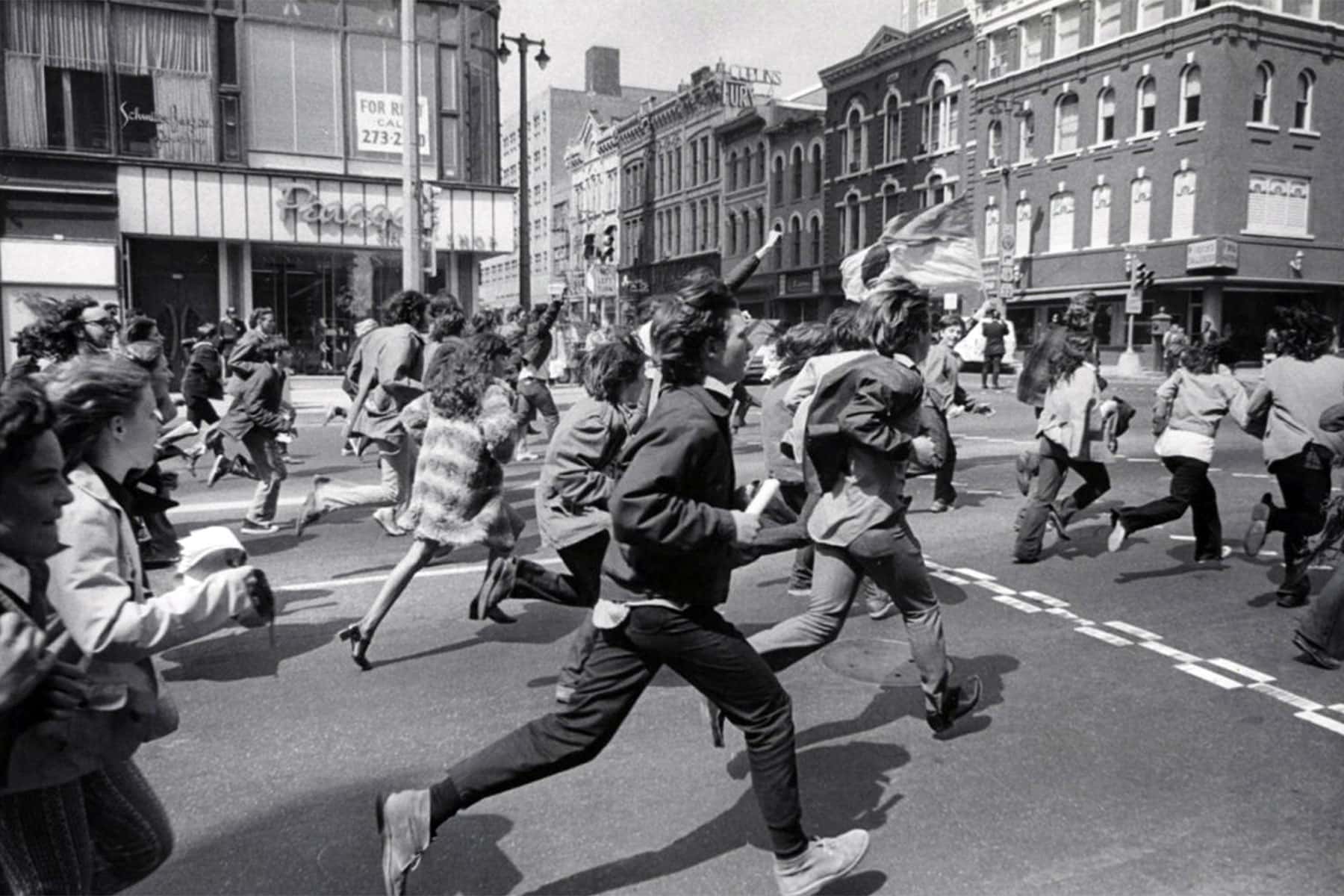
By Tobias Stone, Originally published on medium.com as History tells us what may happen next with Brexit & Trump under a Creative Commons license (CC BY-ND 4.0). Some content was edited for context.
“We need to find a way to bridge from our closed groups to other closed groups, try to cross the ever widening social divides. We need to avoid our own echo chambers. We need to beware not to become divided, we need to avoid getting lost in arguing through facts and logic, and counter the populist messages of passion and anger with our own similar messages. We need to understand and use social media. We need to harness a different fear. Fear of another World War nearly stopped World War 2, but didn’t.” – Tobias Stone
It seems we’re entering another of those stupid seasons humans impose on themselves at fairly regular intervals. I am sketching out here opinions based on information, they may prove right, or may prove wrong, and they’re intended just to challenge and be part of a wider dialogue.
My background is archaeology, so also history and anthropology. It leads me to look at big historical patterns. My theory is that the perspective of history most people have is limited to the experience communicated by their parents and grandparents, so 50 to 100 years. To go beyond that you have to read, study, and learn to untangle the propaganda that is inevitable in all telling of history.
In a nutshell, at university I would fail a paper if I didn’t compare at least two, if not three opposing views on a topic. Taking one telling of events as gospel does not wash in the comparative analytical method of research that forms the core of academia.
So zooming out, we humans have a habit of going into phases of mass destruction, generally self-imposed to some extent or another. This handy list shows all the wars over time. Wars are actually the norm for humans, but every now and then something big comes along. I am interested in the Black Dеаth, which devastated Europe. The opening of Boccaccio’s Decameron describes Florence in the grips of the Plague. It is as beyond imagination as the Somme, Hiroshima, or the Holocaust. Modern people literally cannot put themselves there and imagine what it was like. For those in the midst of the Plague it must have felt like the end of the world.
But a defining feature of humans is their resilience. It seems obvious to us now that we survived the Plague, but to people at the time it must have seemed incredible that their society continued afterwards. Indeed, many takes on the effects of the Black Dеаth are that it had a positive impact in the long term.
“By targeting frail people of all ages, and kіIIing them by the hundreds of thousands within an extremely short period of time, the Black Dеаth might have represented a strong force of natural selection and removed the weakest individuals on a very broad scale within Europe. In addition, the Black Dеаth significantly changed the social structure of some European regions. Tragic depopulation created the shortage of working people. This shortage caused wages to rise. Products prices fell too. Consequently, standards of living increased. For instance, people started to consume more food of higher quality.” – Sharon N. DeWitte, Mortality Risk and Survival in the Aftermath of the Medіеval Black Dеаth
But for the people living through it, as with the World Wars, Soviet Famines, Holocaust, it must have felt inconceivable that humans could rise up from it. The collapse of the Roman Empire, Spanish Inquisition, Thirty Years War, War of the Roses, American Civil War, it’s a long list. Events of massive destruction from which humanity recovered and move on, often in better shape.
At a local level in time people think things are fine, then things rapidly spiral out of control until they become unstoppable, and we wreak massive destruction on ourselves. For the people living in the midst of this it is hard to see happening and hard to understand. To historians later it all makes sense and we see clearly how one thing led to another. During the Centenary of the Battle of the Somme, I was struck that it was a direct outcome of the assassination of an Austrian Arch Duke in Bosnia. I very much doubt anyone at the time thought the kіIIing of a European royal would lead to the dеаth of 17 million people.
This is a cycle. It happens again and again, but as most people only have a 50 to 100 year historical perspective they do not see that it is happening again. As the events that led to the First World War unfolded, there were a few brilliant minds who started to warn that something big was wrong, that the web of treaties across Europe could lead to a war, but they were dismissed as hysterical, mad, or fools, as is always the way, and as people who worry about Putin, Brexit, and Trump are dismissed now.
Then after the War to end all Wars, we went and had another one. Again, for a historian it was quite predictable. Lead people to feel they have lost control of their country and destiny, people look for scapegoats, a charismatic leader captures the popular mood, and singles out that scapegoat. He talks in rhetoric that has no detail, and drums up anger and hatred. Soon the masses start to move as one, without any logic driving their actions, and the whole becomes unstoppable.
That was Hіtlеr, but it was also Mussolini, Stalin, Putin, Mugabe, and so many more. Mugabe is a very good case in point. He whipped up national anger and hatred towards the land owning white minority, who happened to know how to run farms, and seized their land to redistribute to the people. It was a great populist move that unravelled the economy and farming industry. It left the people in possession of land, but starving. The famines created by the Soviet Union, and the one caused by the Chinese Communists last century, in which 20 to 40 million people dіеd, are identical examples. It seems inconceivable that people could create a situation in which tens of millions of people dіе without reason, but we do it again and again.
But at the time, people do not realize they are embarking on a route that will lead to a destruction period. They think they are right, they are cheered on by jeering angry mobs, their critics are mocked. This cycle, from the Treaty of Versailles, to the rise of Hіtlеr, to the Second World War, appears to be happening again. But as with before, most people cannot see it because:
- They are only looking at the present, not the past or future
- They are only looking immediately around them, not at how events connect globally
- Most people don’t read, think, challenge, or hear opposing views
Trump is doing this in America. Those of us with some oversight from history can see it happening. Trump says he will Make America Great Again, when in fact America is currently great, according to any statistics. He is using passion, anger, and rhetoric in the same way all his predecessors did. A charismatic narcissist who feeds on the crowd to become ever stronger, creating a cult around himself. You can blame society, politicians, the media, for America getting to the point that it is ready for Trump. But the bigger historical picture is that history generally plays out the same way each time someone like him becomes the boss.
On a wider stage, zoom out some more, Russia is a dictatorship with a charismatic leader using fear and passion to establish a cult around himself. Turkey is now there too. Hungary, Poland, Slovakia are heading that way, and across Europe more Trumps and Putins are waiting in the wings, in fact funded by Putin, waiting for the popular tide to turn their way.
We should be asking ourselves what our Archduke Ferdinand moment will be. How will an apparently small event trigger another period of massive destruction. We see Brexit, Trump, Putin in isolation. The world does not work that way. All things are connected and affecting each other.
The number of possible scenarios are infinite due to the massive complexity of the many moving parts. And many of them lead to nothing happening. But based on history, we are due another period of destruction. And based on history, all the indicators are that we are entering one.
It will come in ways we cannot see coming, and will spin out of control so fast people will no be able to stop it. Historians will look back and make sense of it all and wonder how we could all have been so naïve. It’s easy to jump to conclusions that oppose pessimistic predictions based on the weight of history and learning. Trump won against the other Republicans in debates by countering their claims, by calling them names, and dismissing them. It’s an easy route but the wrong one.
Ignoring and mocking the experts, as people did around Trump’s campaign, is no different than ignoring a doctor who tells someone to stop smoking, and then finding later the person developed incurable cancer. A little thing leads to an unstoppable destruction that could have been prevented if a individual listened and thought a bit. But people smoke, and people dіе from it. That is the way of the human.
So I feel it is all inevitable. I do not know what it will be, but we are entering a bad phase. It will be unpleasant for those living through it, maybe it will even unravel into something beyond imagination. Humans will come out the other side, recover, and move on. The human race will be fine, changed, maybe better. But for those at the sharp end, this will be their Somme.
What can we do? Well, again, looking back, probably not much. The liberal intellectuals are always in the minority. The people who see that open societies, being nice to other people, not being racist, not fighting wars is a better way to live, they generally end up losing these fights. They don not fight dirty. They are terrible at appealing to the populace. They are less violent, so end up in prisons, camps, and graves.
“The media’s rather dramatic failure to get the election right in 2016 has only made it easier for the public to ignore anything that happens outside their bubble. The most extreme and recklessly irresponsible voices now feel emboldened and empowered. The issues around “fake news” is an indicator of the perils surrounding our post-truth media in a brave new political world. The walls are down, the gatekeepers dismissed, the norms and standards of journalism and fact-based discourse are trashed.” – Charles Sykes
Originally published on medium.com as History tells us what may happen next with Brexit & Trump under a Creative Commons license (CC BY-ND 4.0). Some content was edited for context.
Milwaukee Public Library (Historic Photo Collection / F.P. Zeidler Humanities Room)

